The main competencies at the Department of Industrial and Materials Science (IMS) are found in the areas of: Human-Technology Interaction | Form and Function | Modeling and Simulation | Product Development | Material | Production and in the interaction between these areas.
The research develops the industrial process from need to finished product, while creating added value. By combining skills throughout the chain, the department is distinguished both nationally and internationally. Here we gather internationally competitive researchers, in dynamic and outstanding research environments, as well as in national and international research networks.
Our research ranges from curiosity-based basic research to applied research. To a large extent, research is being conducted with companies within energy, construction, mining, transport, and manufacturing sectors.
The work contributes to Chalmers vision of a sustainable future through new knowledge, methods and tools for safe and healthy workplaces; product development taking the entire life cycle perspective into account (including recycling); new and improved materials; environmentally friendly manufacturing processes and improved performance of production systems.
Our research projects and publications can be found in the database Chalmers Research: https://research.chalmers.se/organisation/industri-och-materialvetenskap/
Research divisions
The department of Industrial and Materials Science is organized in six research divisions. Each division has research groups or research themes or profile areas.

Design & Human Factors
The vision is that one day all products, services and work-places will be designed to enable users to live and work in a meaningful and sustainable way.
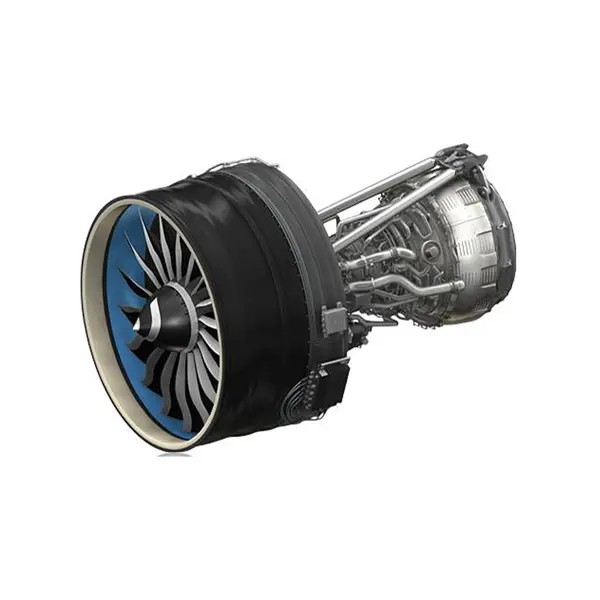
Product Development
Provides new methods and tools for virtual platform based development of sustainable and robust products, as well as product development processes in a lifecycle perspective, with focus on the manufacturing industry.
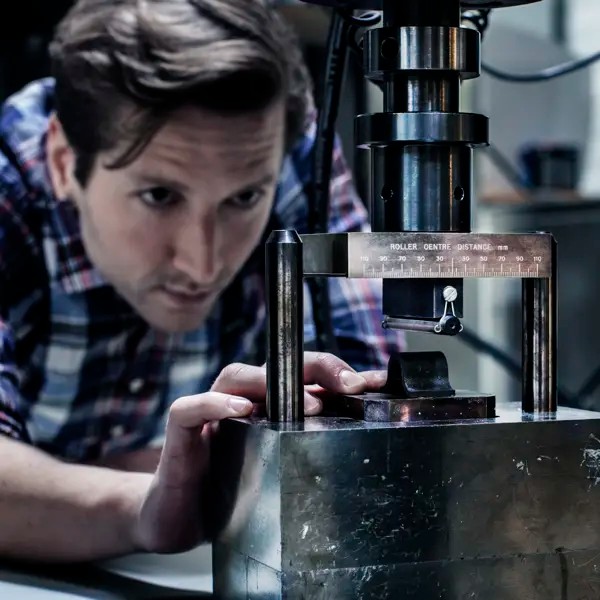
Material & Computational Mechanics
The main goal is to ensure sustainable mechanics based technology solutions to the society. We accomplish this through dedicated teaching and research in material and computational mechanics.
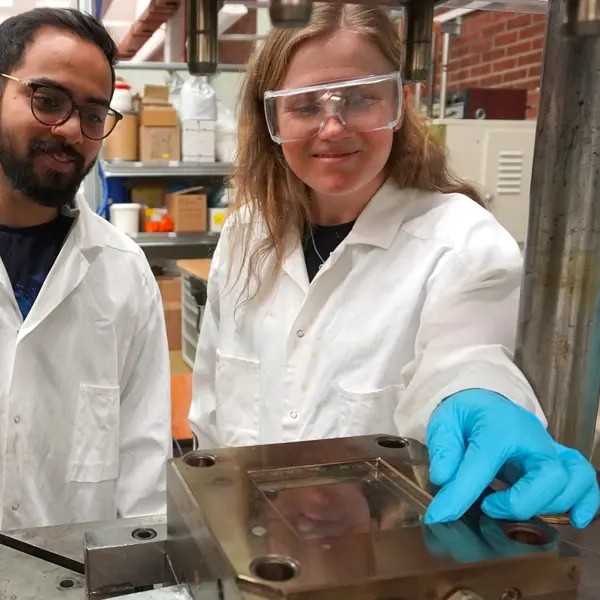
Engineering Materials
The division is centered on the relationship between technological materials microstructural structure and their mechanical properties.
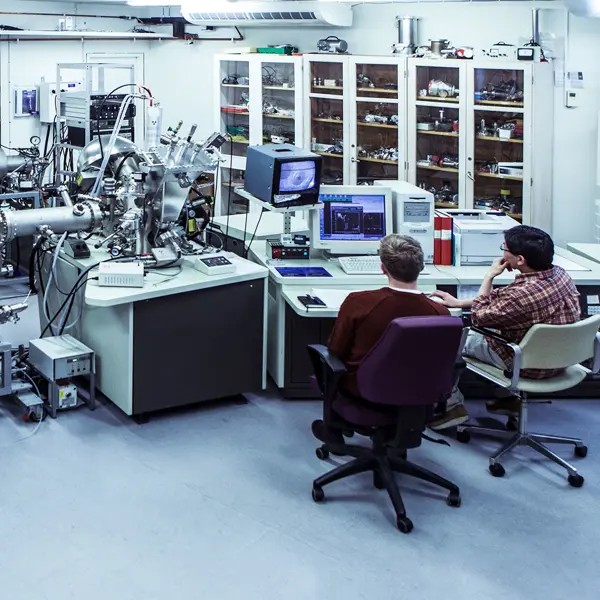
Materials and Manufacture
The division covers the entire value chain from materials design, processing and characterisation to machining of primarily metals.
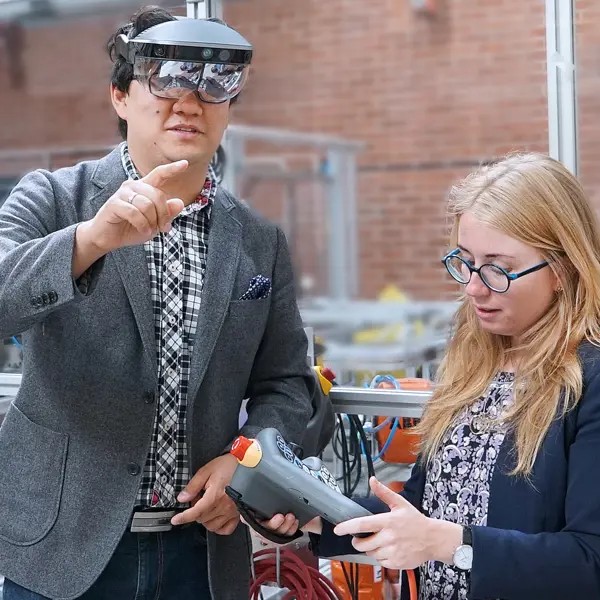
Production Systems
The division works with the sustainability and competitiveness of industrial production systems. The research area is system-oriented and requires knowledge about both the system as a whole and its separate components, for example humans, automation and processes.
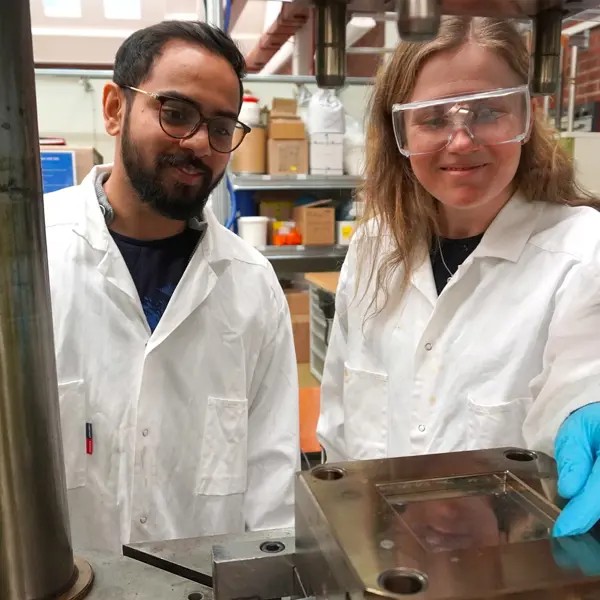
Graduate education at Industrial and Materials Science
A doctoral program leads to a licentiate degree and/or a doctoral degree. You are most welcome to apply for announced vacant PhD positions.